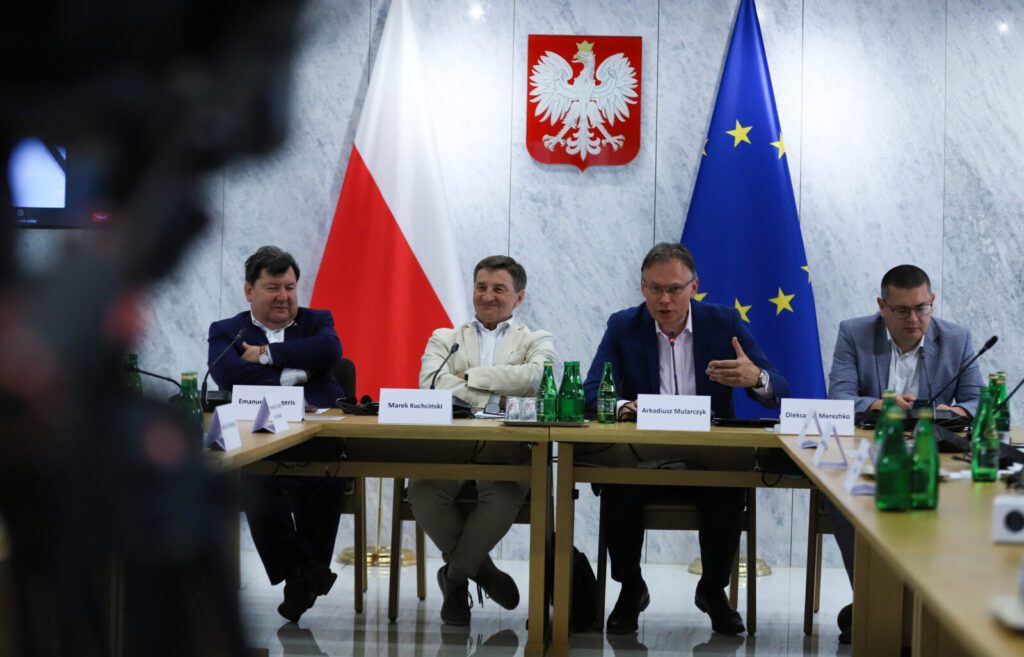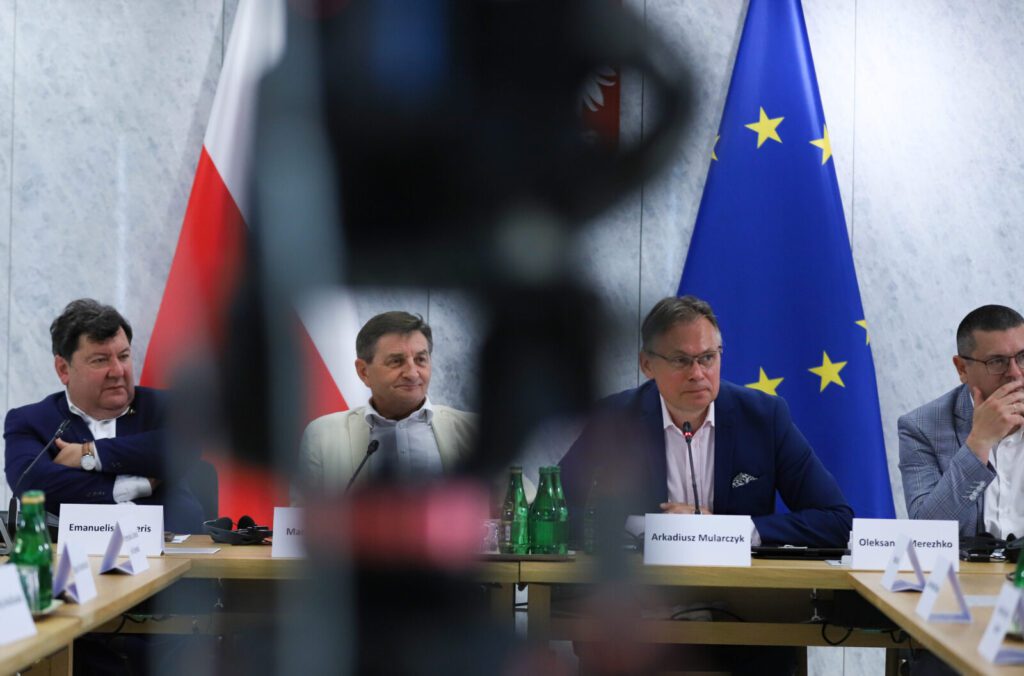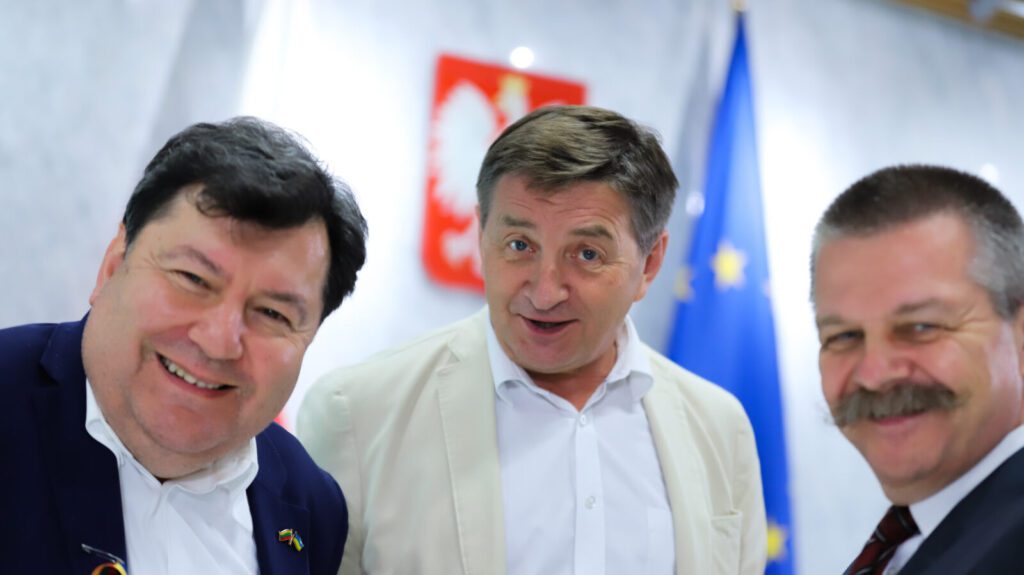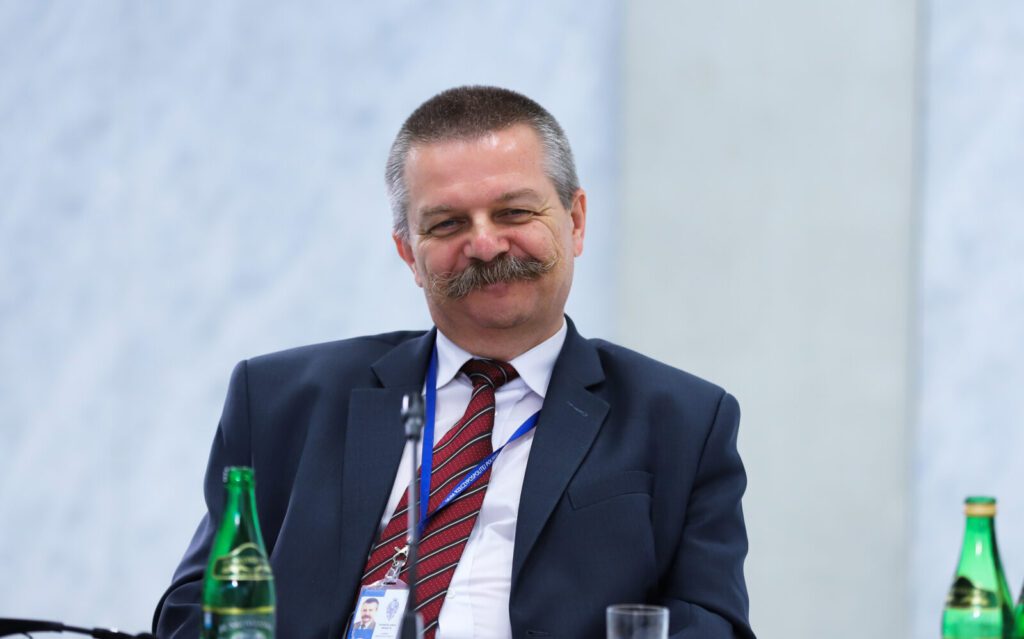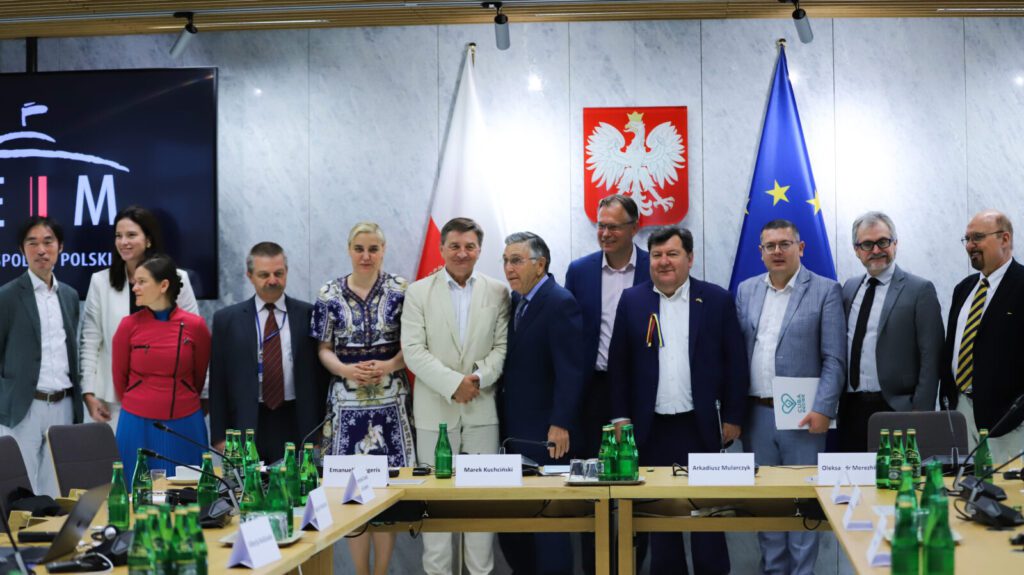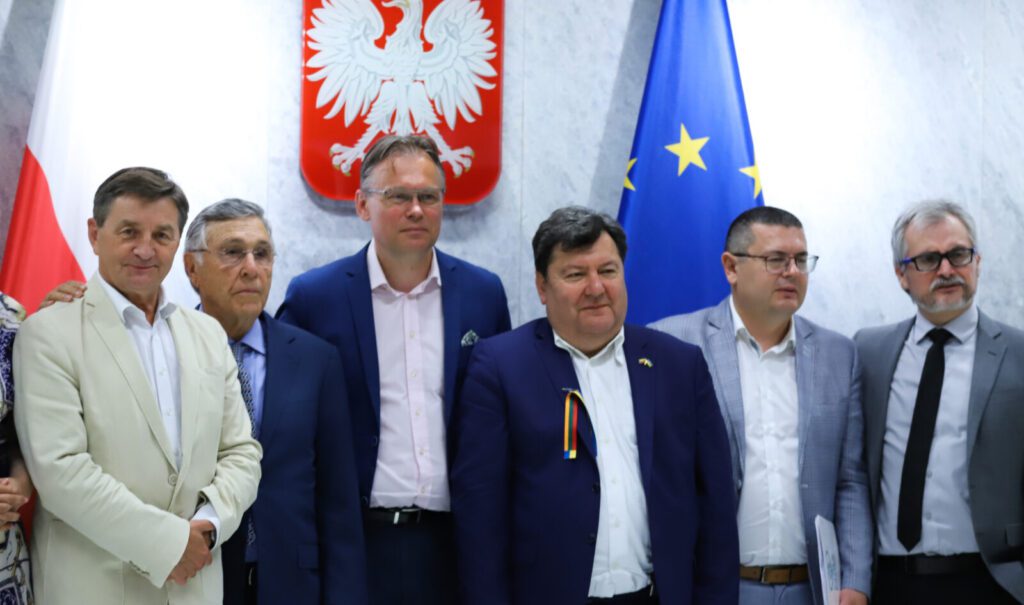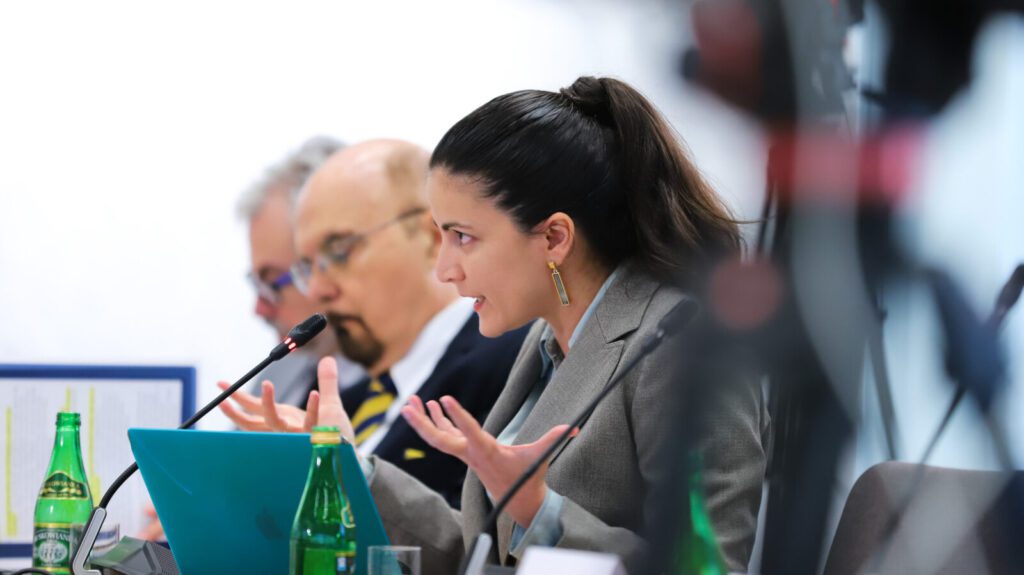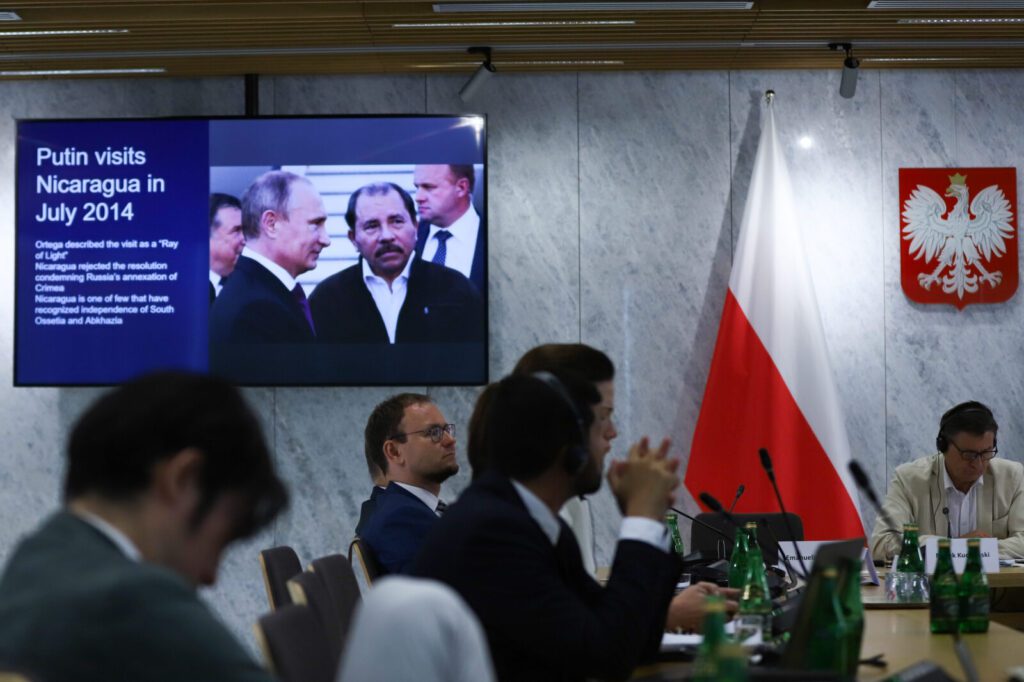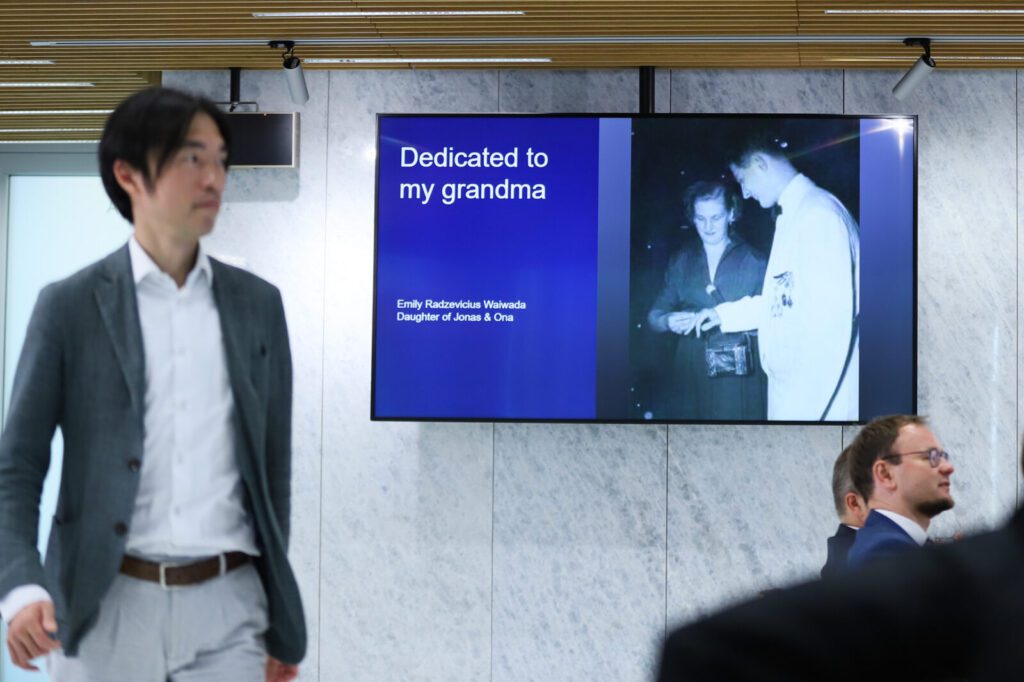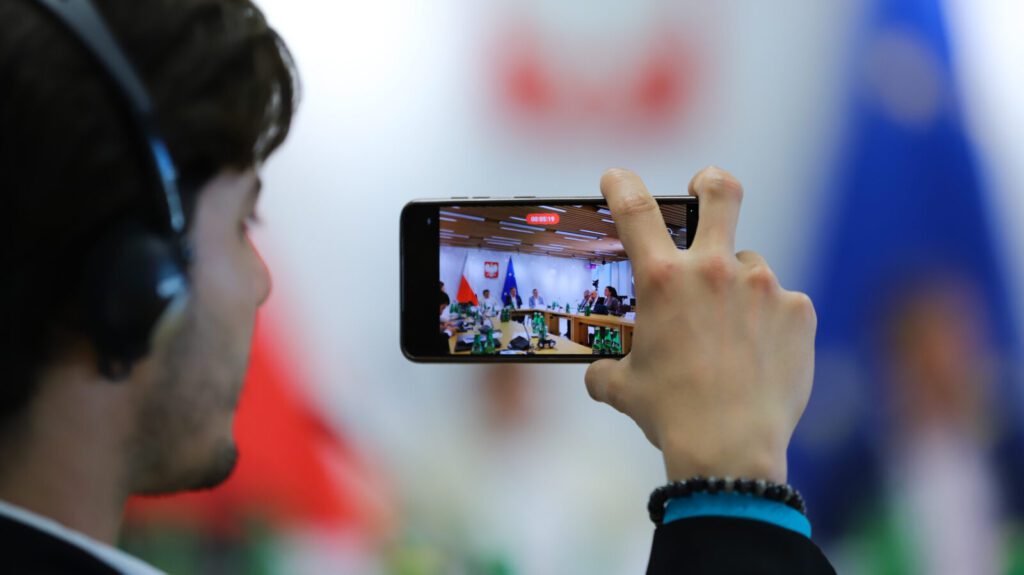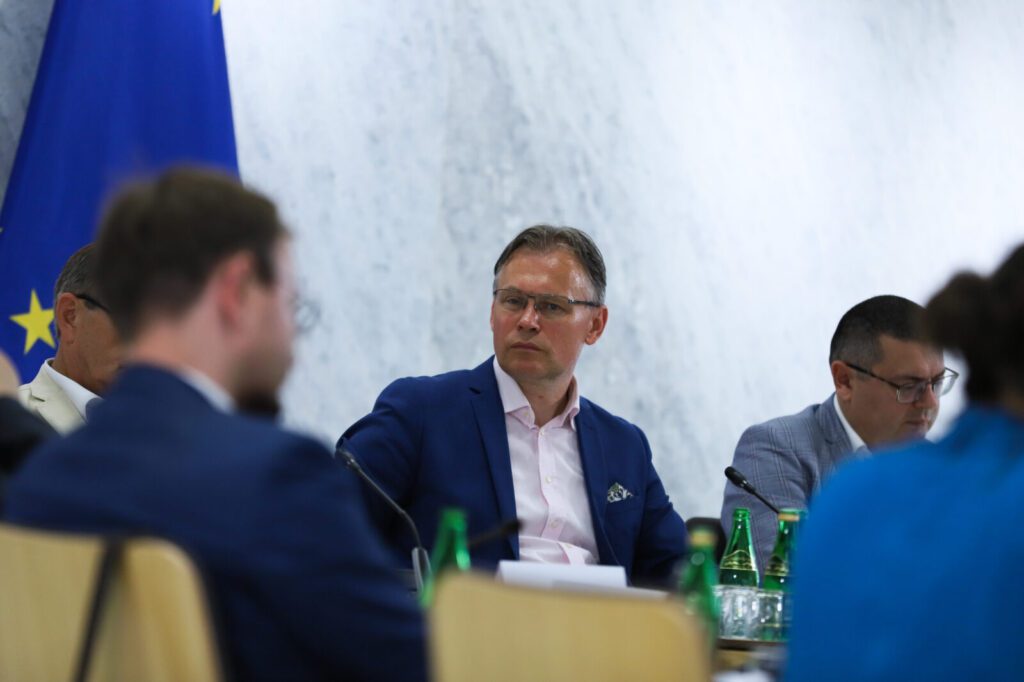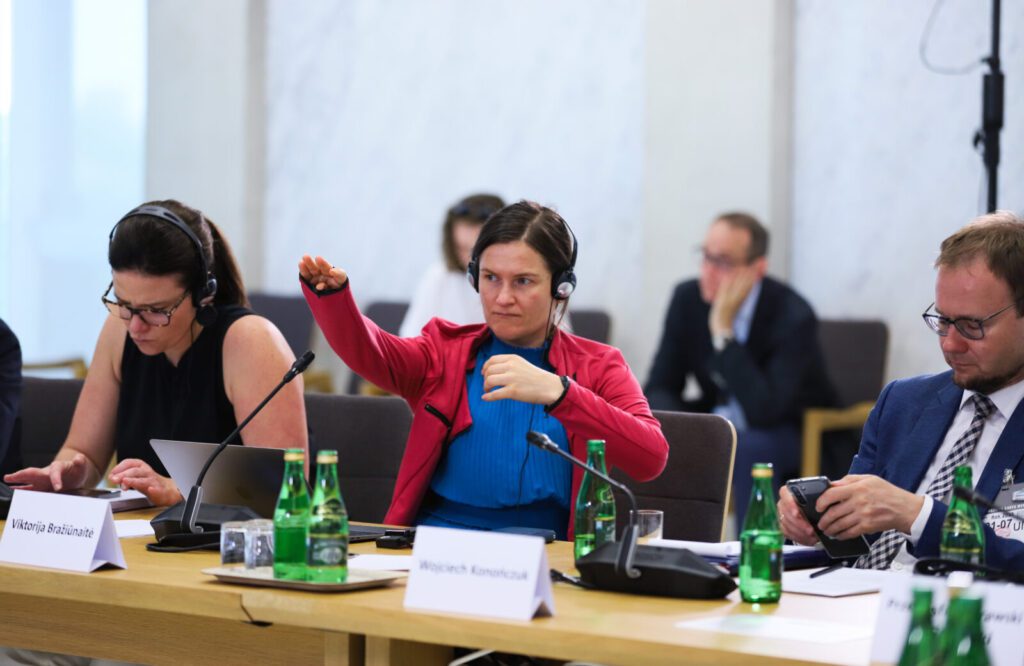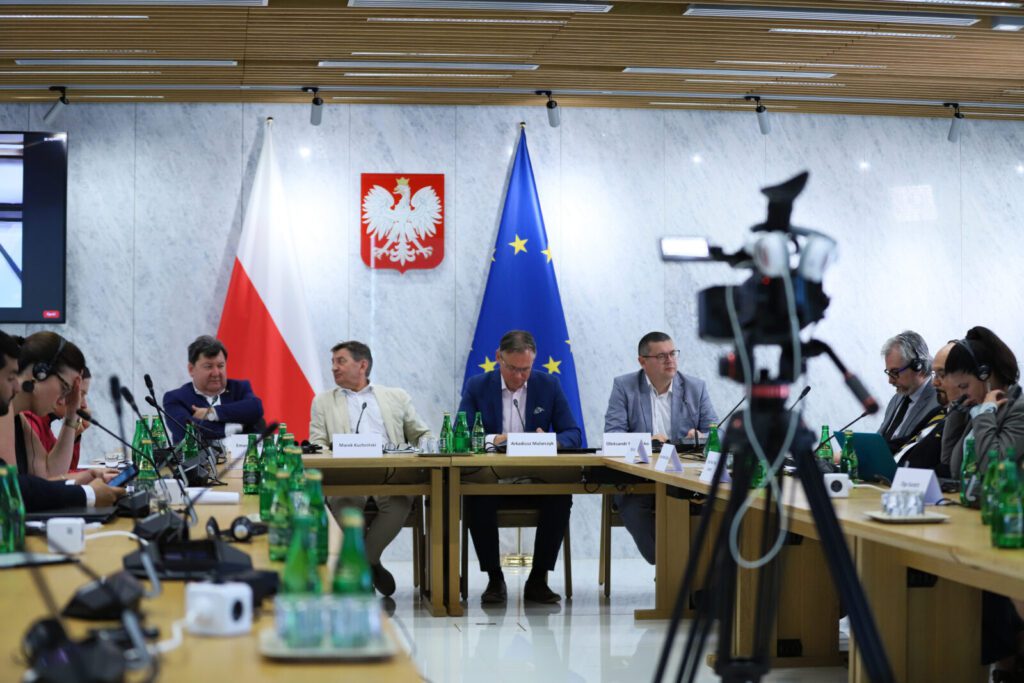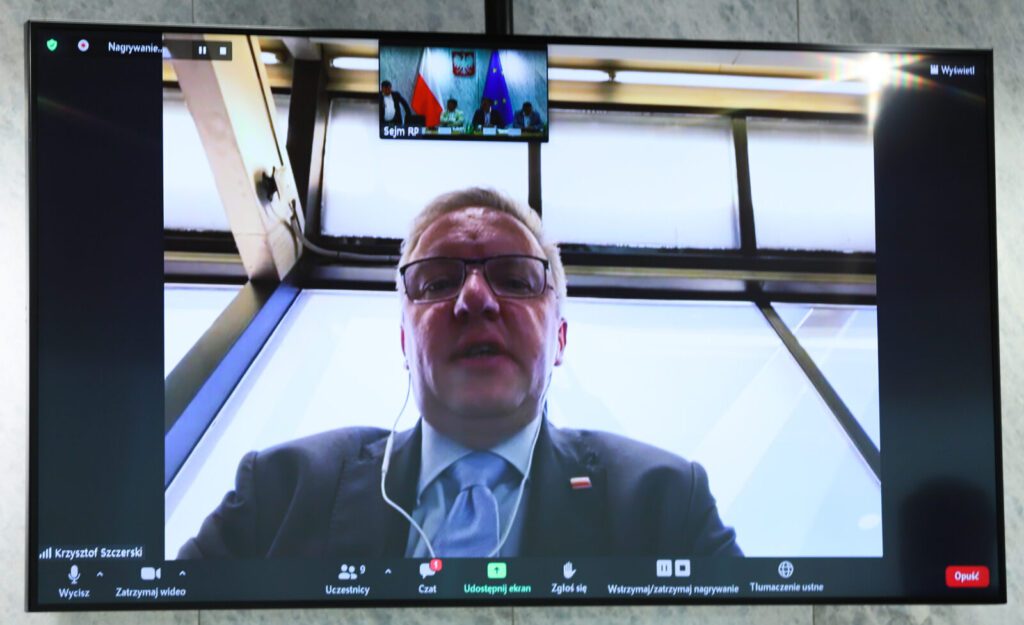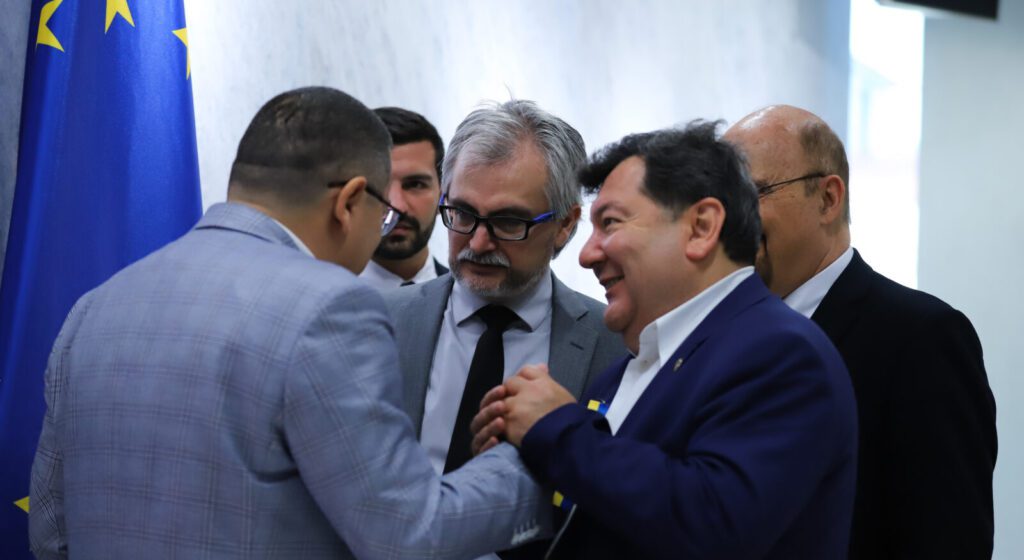On Friday, the Sejm hosted a conference with foreign guests on countries that favor the Kremlin. Participants drew attention primarily to Russia's extremely active diplomatic efforts and effective propaganda. Democratic countries, it was emphasized, are beginning to lose the battle of hearts, and their citizens are becoming indifferent to the fate of Ukraine and the global influence of the Russian regime. It is therefore in the interest of countries opposing Russia's actions to rally the support of those countries that have not yet taken a clear position or declared themselves neutral. Also, the false message that the energy and food crisis is a result of Western sanctions must not be allowed to go out into the world. It is Russia that attacked Ukraine and is stealing its food. Russia wants to create a global crisis and seeks to blackmail Western countries into lifting sanctions on it.
Foreign Affairs Committee Chairman Marek Kuchcinski stressed that Russia's brutality, which is moving forward using the scorched earth principle, is supported by the free world's money.
- The EU has paid 63 billion euros to Russia for gas. The wide scale of the activities of dictators and regimes combined with crime of various kinds indicates that we are in crisis because of the crisis of state and international institutions. They are not fulfilling their role. Their place is being taken by strong leaders. In the world of states fighting for independence, this is also evident," Kuchcinski argued. He also noted that in Poland, President Jaroslaw Kaczynski is showing efficiency - he was able to unite patriotic forces, and also predicted, which escapes public opinion in Poland, Putin's moves many years ago. He set in motion the process of arming the Polish army.
The Speaker also recalled Prime Minister Kaczynski's proposal, which he made during his visit to Kiev, for a peacekeeping mission to areas where there are no Russian troops. Then many crimes would not have happened. According to Marek Kuchcinski, it is necessary to give Ukraine as many heavy weapons as it needs and to break through to public opinion as strongly as possible, informing about Russian crimes and atrocities.
Polish Ambassador to the UN Krzysztof Szczerski stressed that the UN is the lens of world politics, and dozens of countries there support Russia, despite the fact that the war has violated all the fundamental tenets of the organization. Thousands of Russian diplomats around the world support the war. Only one has denounced cooperation. We also do not have a positive majority to elect a candidate competing with Russia at the UN. Szczerski pointed out the priority of countries' own needs over their interests. Voting with Russia is a calculation of gains and losses. The ambassador pointed out that still many countries manifest the view that the West and its approach to Russia's borders is the reason for the war. The second view - Ukrainian policy is to blame. The war is not seen as a war between Russia and the free world only as a war between the West and Russia. The West was inconsistent - it showed its hypocrisy," Krzysztof Szczerski argued.
MP Emanuelis Zingeris, who has represented Lithuania's parliament since 1990, referred to our countries' shared history. - Our voice does not resound as the radical right, but as people who survived the war, he said. - We have had strong alliances in the past and also now we must be together, and let the US be our cement, Zingeris argued. The Lithuanian MP also encouraged the Polish parliament to adopt a resolution similar to the Lithuanian one calling on the EU to break off dialogue with Cuba, which funds the regime with EU money.
I panel
▪ David E. Spencer, U.S. Department of Defense Research Service.
defense and security in the western hemisphere (online)
▪ Martin De Angelis, drug trafficking and crime specialist
organized (TBC)
▪ Juan Antonio Blanco, executive director, Foundation for Human Rights in Cuba
▪ Przemysław Żurawski vel Grajewski, Chairman of the Security Council.
and Defense, National Development Council
▪ Roberto M. Bendaña, international consultant, former deputy minister of agriculture
and forestry of Nicaragua (online)
▪ Miguel Angel Martin Tortabu, Venezuelan Supreme Court judge in exile
(online)
▪ Wojciech Konończuk, deputy director of the Center for Eastern Studies
▪ Hugo Acha, director, Foundation for Human Rights in Cuba
II panel
▪ Arkadiusz Mularczyk, chairman of the Poland-U.S. Parliamentary Group
▪ Krzysztof Szczerski, Permanent Representative of Poland to the United Nations
(online)
▪ Oleksandr Merezhko, Chairman of the Committee on Foreign Policy and Cooperation
Interparliamentary Verkhovna Rada of Ukraine
▪ Marek Kuchciński, Chairman of the Foreign Affairs Committee of the Polish Sejm
▪ Victoria Spartz, member of the U.S. House of Representatives (TBC online)
▪ Emanuelis Zingeris, chairman of the Lithuania-US Parliamentary Group of the Seimas.
Republic of Lithuania
